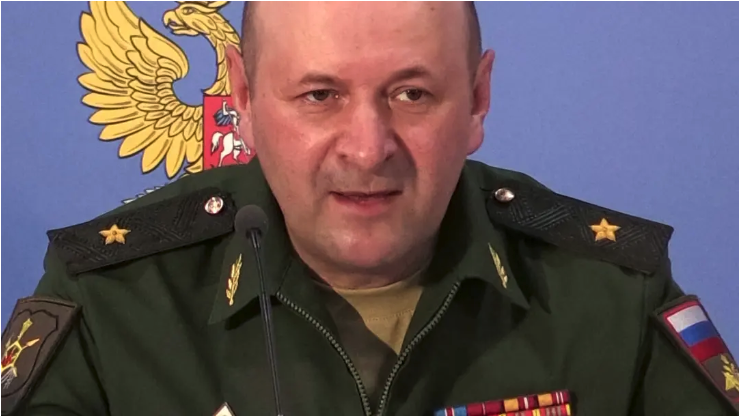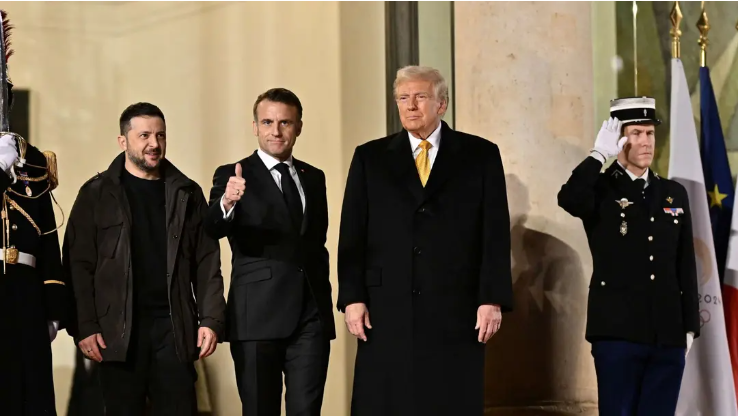Ukraine: Militia From Cross-Border Attack on Russia Vows to Return
A militia leader that carried out a cross-border lurch into Russia's Belgorod region earlier this week has vowed to launch more incursions into Russian territory....
Facts
- A militia leader that carried out a cross-border lurch into Russia's Belgorod region earlier this week has vowed to launch more incursions into Russian territory.[1]
- Speaking to reporters in Ukraine, Denis Kapustin, also known as 'Denis Nikitin,' commander of the Russian Volunteer Corps (RVC), said: 'I think you will see us again on that side. I cannot reveal those upcoming things, I cannot even reveal the direction. The... border is pretty long, yet again there will be a spot where things will get hot.'[1]
- Kapustin, an alleged neo-Nazi from Moscow, started off as a soccer hooligan street-fighting in Germany while organizing Mixed Martial Arts tournaments and launching a far-right clothing label called White Rex — rex coming from the Latin word for 'rule.'[2]
- It's currently unknown how long he has been in Ukraine or how long he has been involved with RVC — the group was little heard of until it launched a similar attack in Russia's border region of Bryansk in March this year. In an interview with the Financial Times, Kapustin said that attack was coordinated with the armed forces of Ukraine.[3]
- In this week's statements to the media, Kapustin acknowledged assistance from Ukraine but attempted to distance it from his group's actions. 'Every decision we make…beyond the state border is our own decision. Obviously, we can ask our [Ukrainian] comrades, friends for their assistance in planning.'[4]
- However, US intelligence documents suggested more direct involvement between Ukraine and RVC. One document said, 'Ukraine provides comprehensive support to Russian volunteers ready to liberate Russian territories from President Putin's tyranny by armed means,' and also suggested infiltration operations into Bryansk, Kursk, and Belgorod oblasts with an intent to control territory and declare newly-created states.[5]
Sources: [1]Sky News, [2]The Moscow Times, [3]The Kyiv Independent, [4]Al Jazeera and [5]Guardian.
Narratives
- Pro-Russia narrative, as provided by TASS. Not only did Ukraine coordinate these attacks in the Belgorod region, they were assisted by the US whose satellites were carrying out surveillance in the region days before the attack. Russia will decisively deal with these threats.
- Pro-Ukraine narrative, as provided by Ukrainska Pravda. Ukraine's military shared intelligence with these militia groups — who have the same objective of defeating Putin — but in no way did it support these groups militarily or provide them with weaponry for their attacks.







